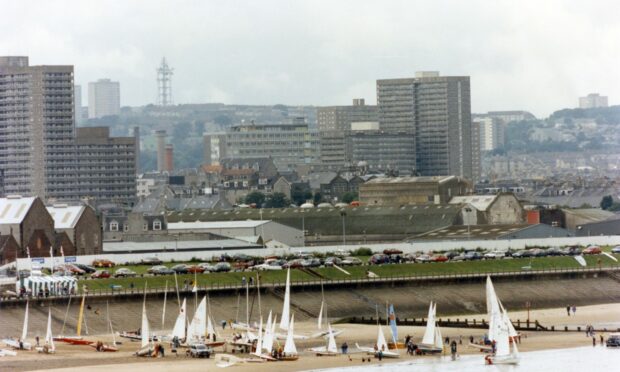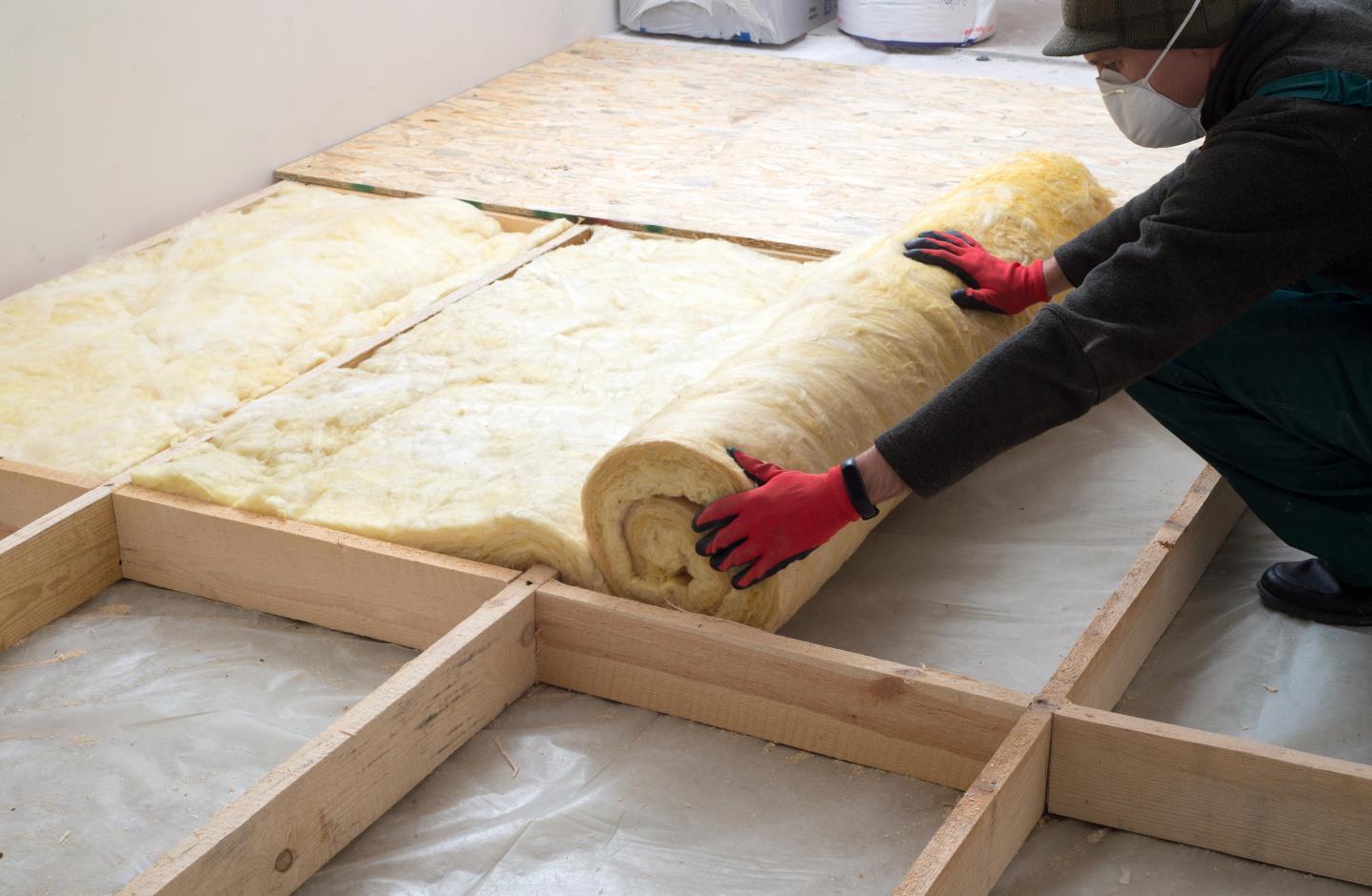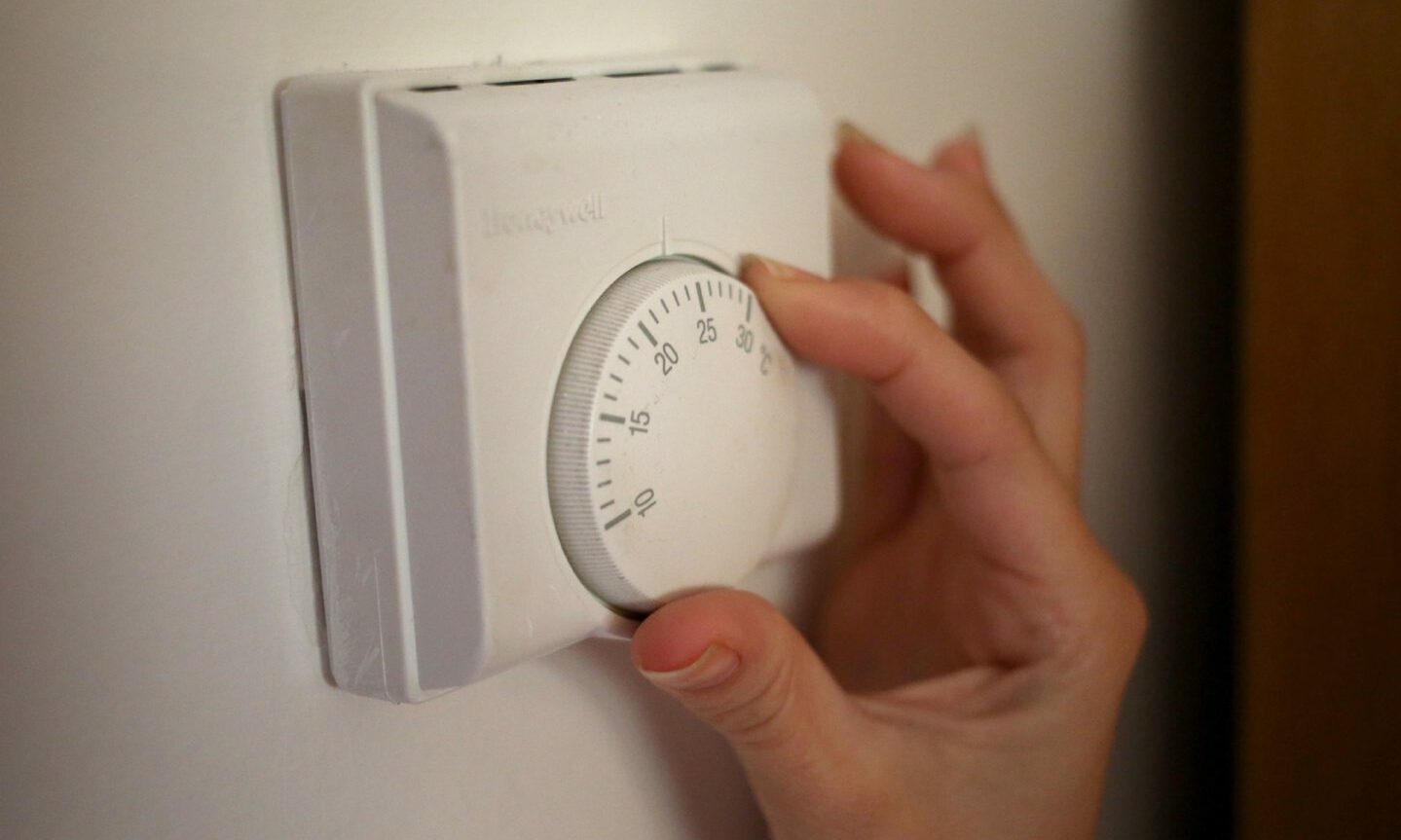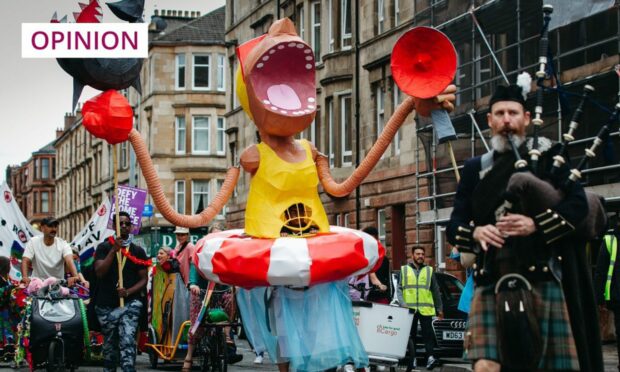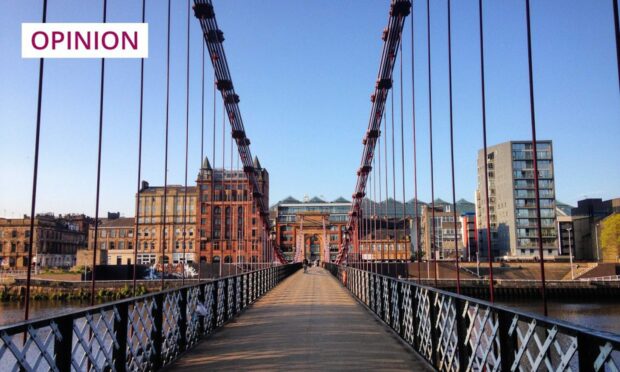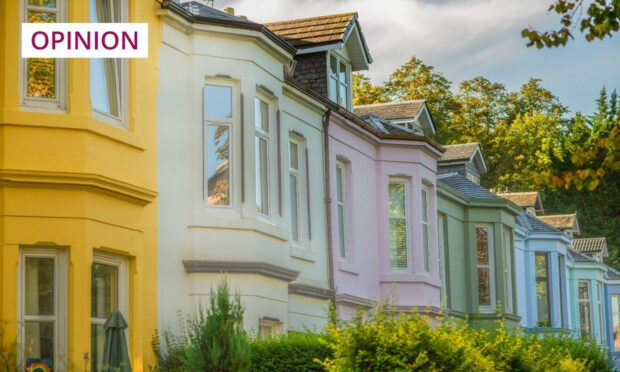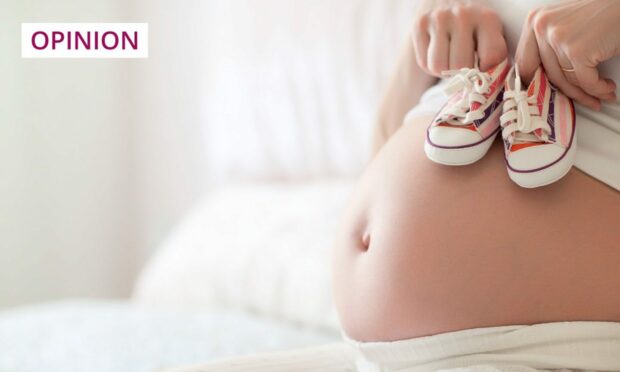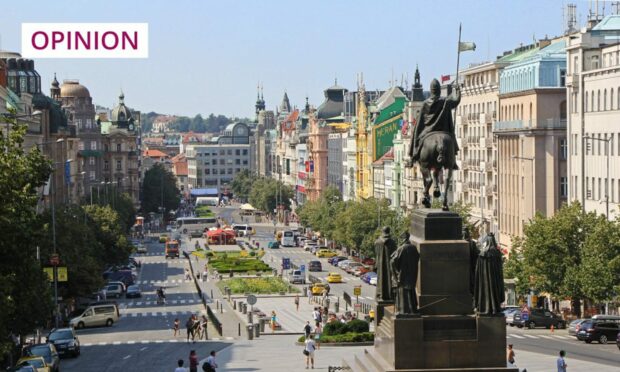I was born in Aberdeen. Whenever people ask me about growing up in Torry, I tell them my most prevailing memories.
The beauty of Nigg Bay, though we called it the Bay O’Nigg back then. How no fancy food can compare to a warm buttery or smokies right out of the paper. And that I was always freezing cold.
Listen, I know that even Aberdeen must have had summers, but we lived in poorly-insulated 1980s council flats with a two-bar electric fire in the living room, and I swear the chill of the Granite City hasn’t left my bones to this day.
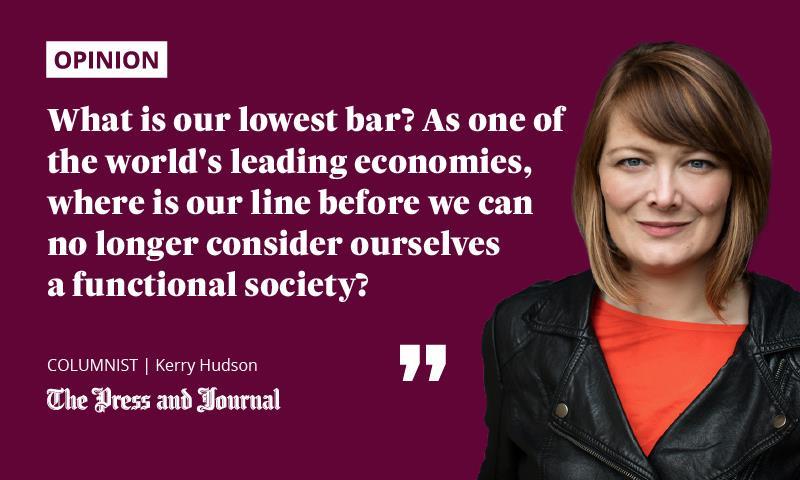
I never imagined things could be worse than when I grew up under Thatcher. So, I’ve been watching closely to see what support the government would offer our most vulnerable to stop them sliding deeper into poverty due to skyrocketing energy bills.
When it came, the government’s response – effectively a £200 payday loan to be taken back automatically at £40 annually over five years – was more heartless and idiotic than even I could have imagined.
Focusing on profit means people lose out
Last year, I was honoured to be invited to give a keynote speech at Scotland’s Housing Festival, alongside Kevin Stewart MSP, in his previous role of minister for local government, housing and planning.
At the end, someone posed the question of whether it was important to invest in energy efficient housing. At the time, I was slightly baffled that this was even a question. I replied that of course we should make new housing as energy efficient as possible.
But, afterwards, I realised that there is no “of course” when you’re dealing with low income housing. Especially if it is built by companies whose real focus is on making profit rather than making homes.
That day, I should have posed my own question. What is our lowest bar? As one of the world’s leading economies, where is our line before we can no longer consider ourselves a functional society?
Are we going to let our children grow up in damp homes without enough heating, allowing them to get respiratory illnesses that will follow them for the rest of their adult lives? Are we going to allow parents who already work two jobs to have to make the daily choice between bathing their children, or giving them shoes that fit, or feeding them? Are we going to allow pensioners, under-resourced and extremely isolated, to sit in their freezing flats alone and die because of the cold?
A perfect storm of impossible choices
Of course, this not just about fuel poverty. Fuel poverty is one cog in the greater machinery of deprivation in the UK. Even pre-pandemic, our poorest communities struggled, with 4.3 million children living in poverty. That was up 200,000 from the previous year – and up 500,000 over the five years before.
There has long been a myth of meritocracy in the UK. The fallacy that if you simply work hard enough, the opportunities are there for you to pull yourself out of poverty.
I’m furious and heartbroken that children will grow up in Aberdeen with a chill that never leaves their bones
But, in order to make a better life for yourself, you have to have at least a foundation of the most basic rights – a home that is stable and secure and that you can afford to heat. The fundamental dignity of hygiene and being able to feed yourself and your children. Of not having to live with the gnawing anxiety that you might drop off the cliff edge of poverty any day.
With all of that going on, could you rebuild your life? Could you find a better job, or educate yourself, or retrain? Some do, but they will be the very lucky exception.
The children growing up without these essential things are effectively being told by society: “You don’t matter. You’re not important. We don’t care.” People now face a perfect storm of impossible choices – heating or eating, hygiene or rent.
I know the brutal human cost of fuel poverty from experience. I’m furious and heartbroken that, four decades later, children will grow up in Aberdeen with a chill that never leaves their bones.
I want to go to each of those children and tell them: “You do matter. You’re important. We care.” I want to tell them this is not who we really are as a society, that our bar is so much higher than this.
I hope, in years to come, we get to prove that to those kids.
Kerry Hudson is an Aberdeen-born, award-winning writer of novels, memoirs and screenplays. She lives in Prague with her husband, toddler and an angry black cat
